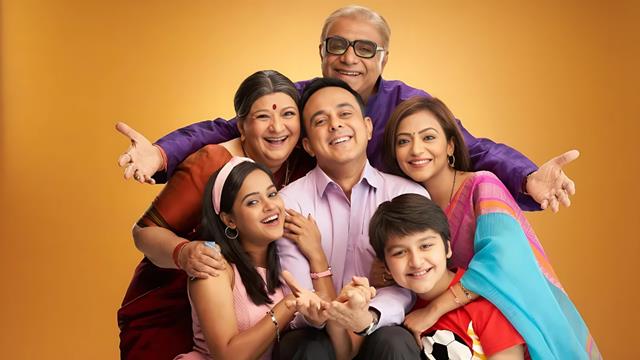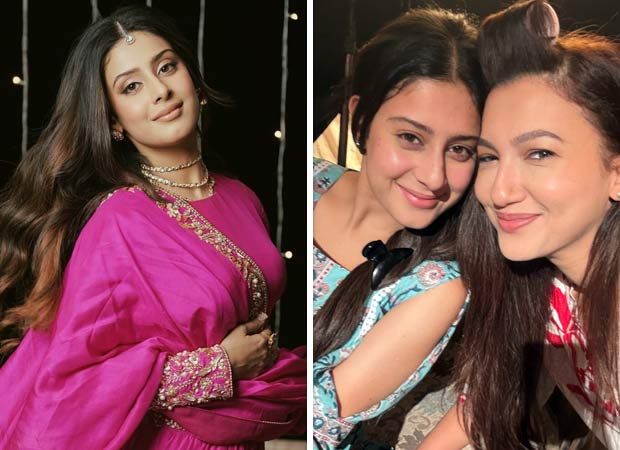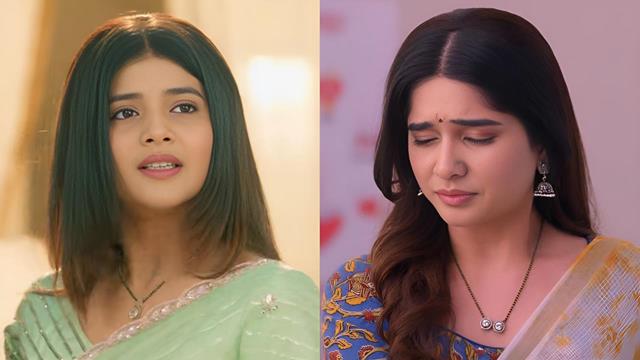Celebrating three wonderful years of heartwarming storytelling, Sony SAB’s ‘Wagle Ki Duniya: Nayi Peedhi Naye Kissey’ has truly made its mark on Indian television. Beyond entertaining, the show has been addressing a number of daily social issues and encouraging open conversations.
One unique aspect of the show is its portrayal of a quintessential middle-class family through the lens of three generations – from the grandparents Srinivas Wagle (Aanjjan Srivastav) and Radhika Wagle (Bharati Achrekar), the parents Rajesh Wagle (Sumeet Raghavan) and Vandana Wagle (Pariva Pranati), and the young teenage kids Sakhi (Chinmayee Salvi) and Atharva Wagle (Sheehan Kapahi). Differentiated from the run-of-the-mill dramas, Wagle Ki Duniya – Nayi Peedhi Naye Kissey approaches issues encountered in a common man’s daily life. Here’s taking a closer look at some of the pertinent social topics highlighted by Wagle Ki Duniya in the last three years.
1. Breast cancer awareness
The show courageously tackled the sensitive issue of breast cancer as the key protagonist, Vandana Wagle, faced the diagnosis. Committed to responsible storytelling, the episodes sensitively highlighted the importance of early detection and dispelling myths and beautifully portrayed the crucial role of familial support during these challenging times for someone going through the disease.
2. Advocating women’s safety
In a powerful storyline, Wagle Ki Duniya addressed the serious issue of molestation when Sakhi, the elder daughter, faced an unfortunate incident with a fashion photographer. The show depicted Sakhi’s journey, highlighting its psychological toll on her. It also showcased the unwavering support of the Wagle family, as they fearlessly stood by her side, helping her overcome the trauma and fight against the perpetrator.
3. Addressing taboos around menstruation
Wagle Ki Duniya garnered praise for taking on a common taboo in Indian homes as Sakhi questioned her dadi’s traditional views on women during menstruation. The show delivered a thoughtful and heartwarming message, normalising menstruation and advocating against societal taboos.
4. Tackling child labor
The Wagles addressed the sensitive and troubling issue of child labour when their house help assigned her eight-year-old daughter to care for an infant. Showcasing how child labour robs these children of a joyful childhood, this issue sparked contemplation for those who may have witnessed similar situations in their surroundings and encourages individuals to consider the simple ways they can contribute to changing this issue.
5. Prioritising Mental health
Breaking the stigma around mental health, the show sensitively portrayed a character dealing with ADHD. By fostering understanding and empathy for the common disorder, Wagle Ki Duniya encouraged viewers to open up about their struggles without shame.
As Wagle Ki Duniya continues its journey, the show remains a medium for positive change, using relatable storytelling to entertain audiences and initiate important dialogues in society.




